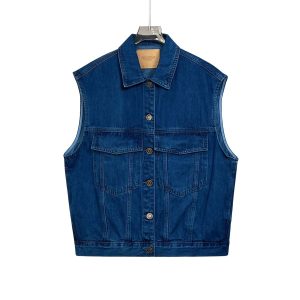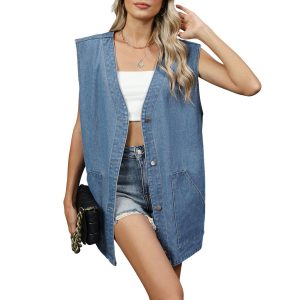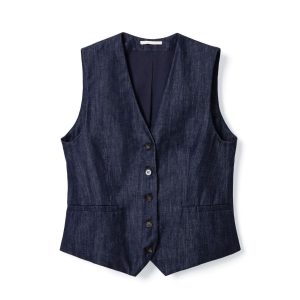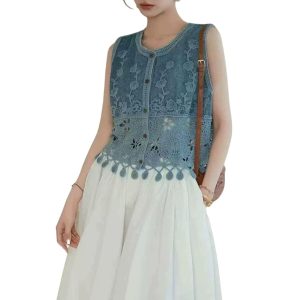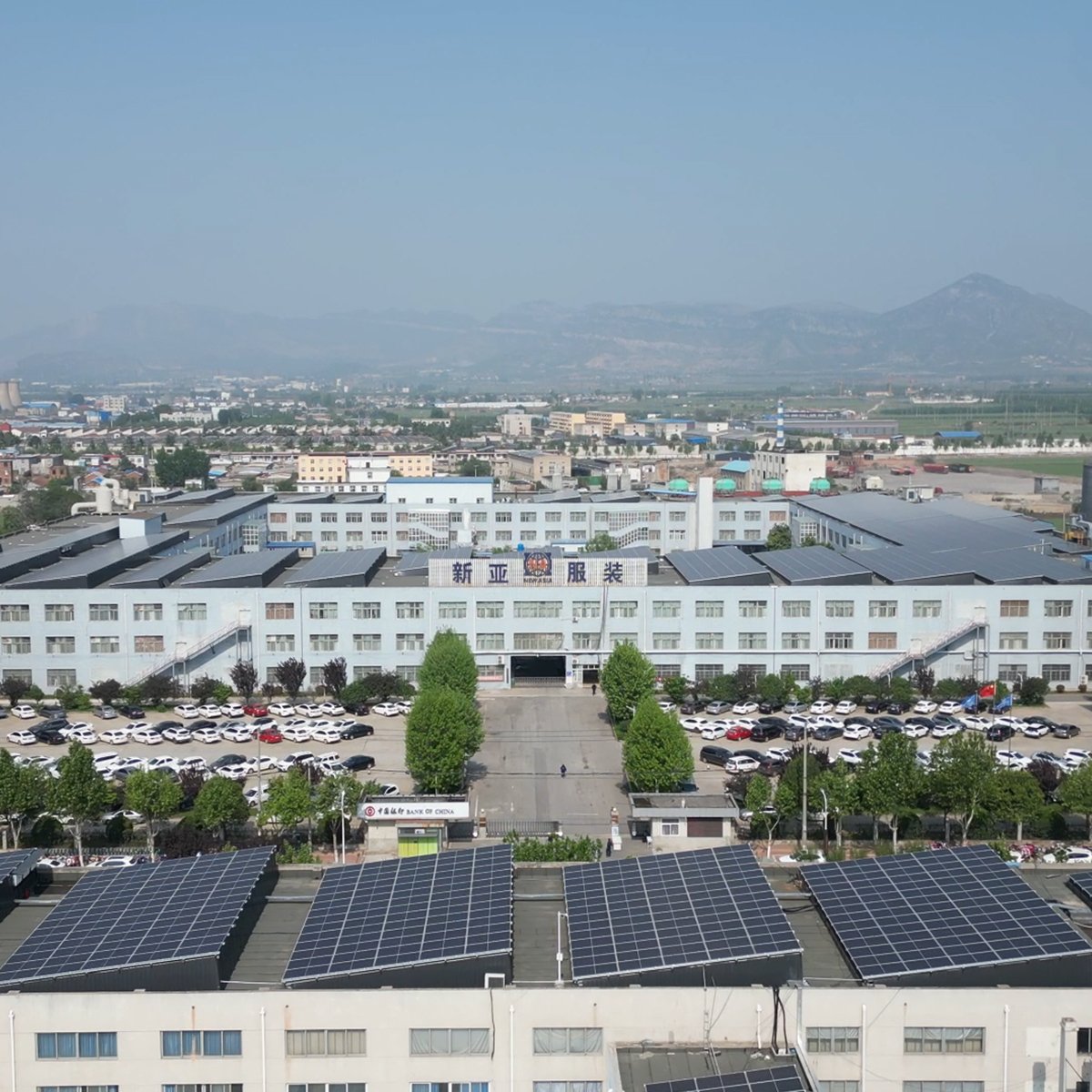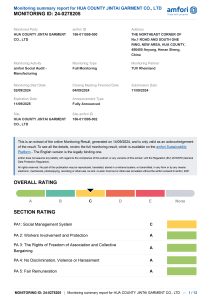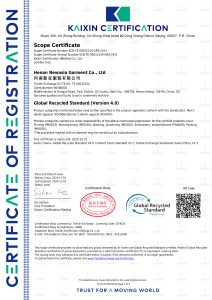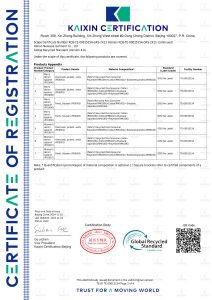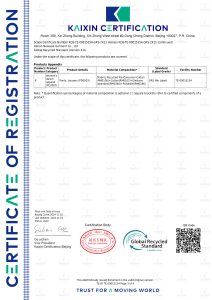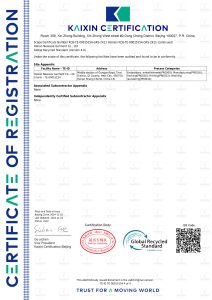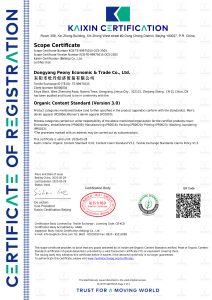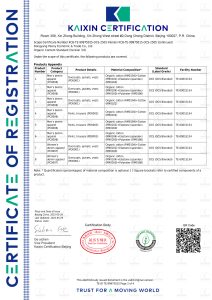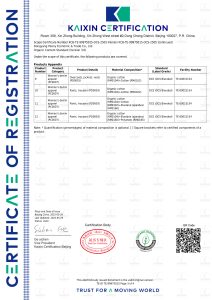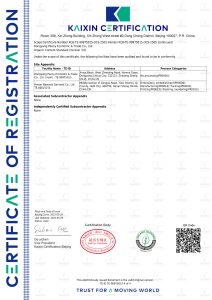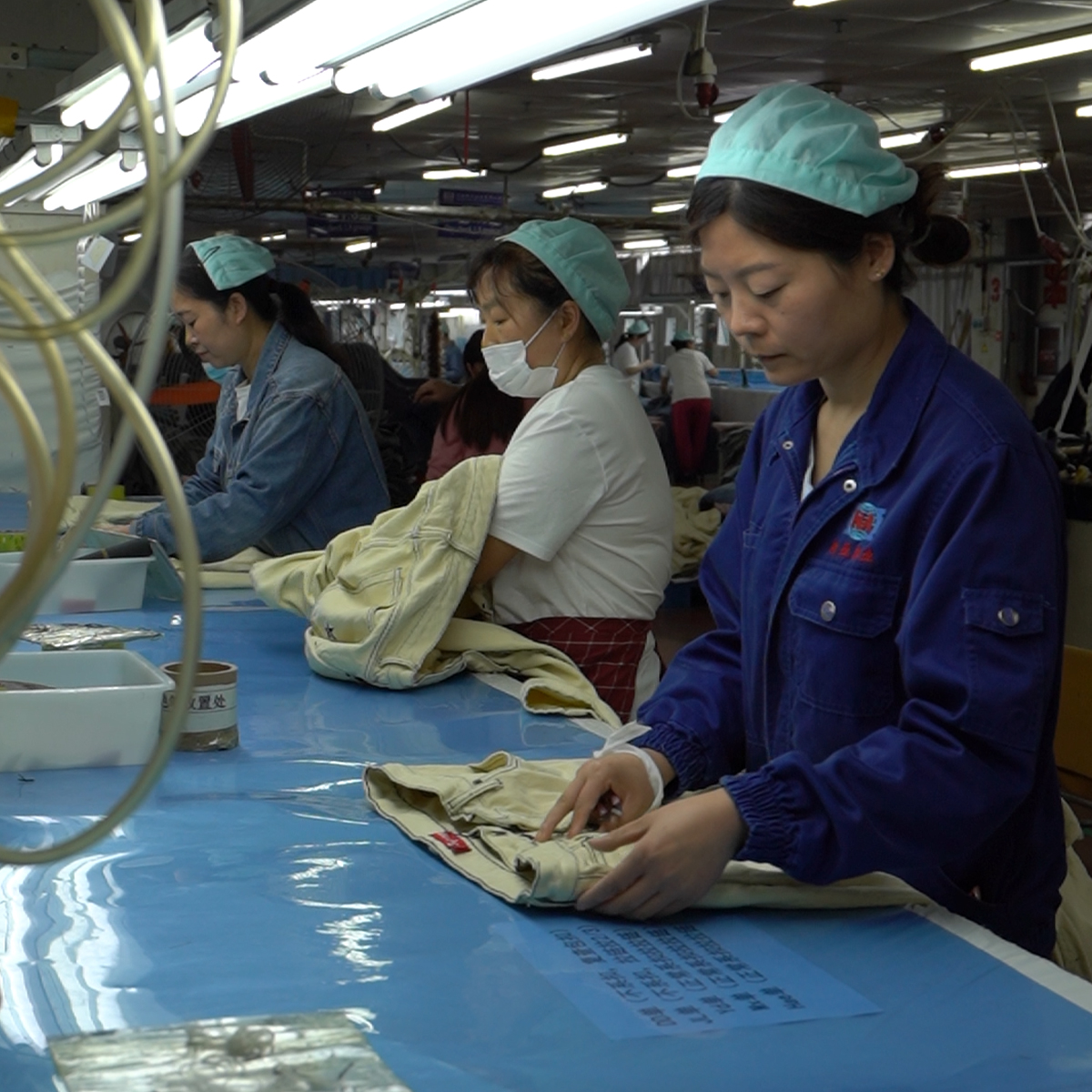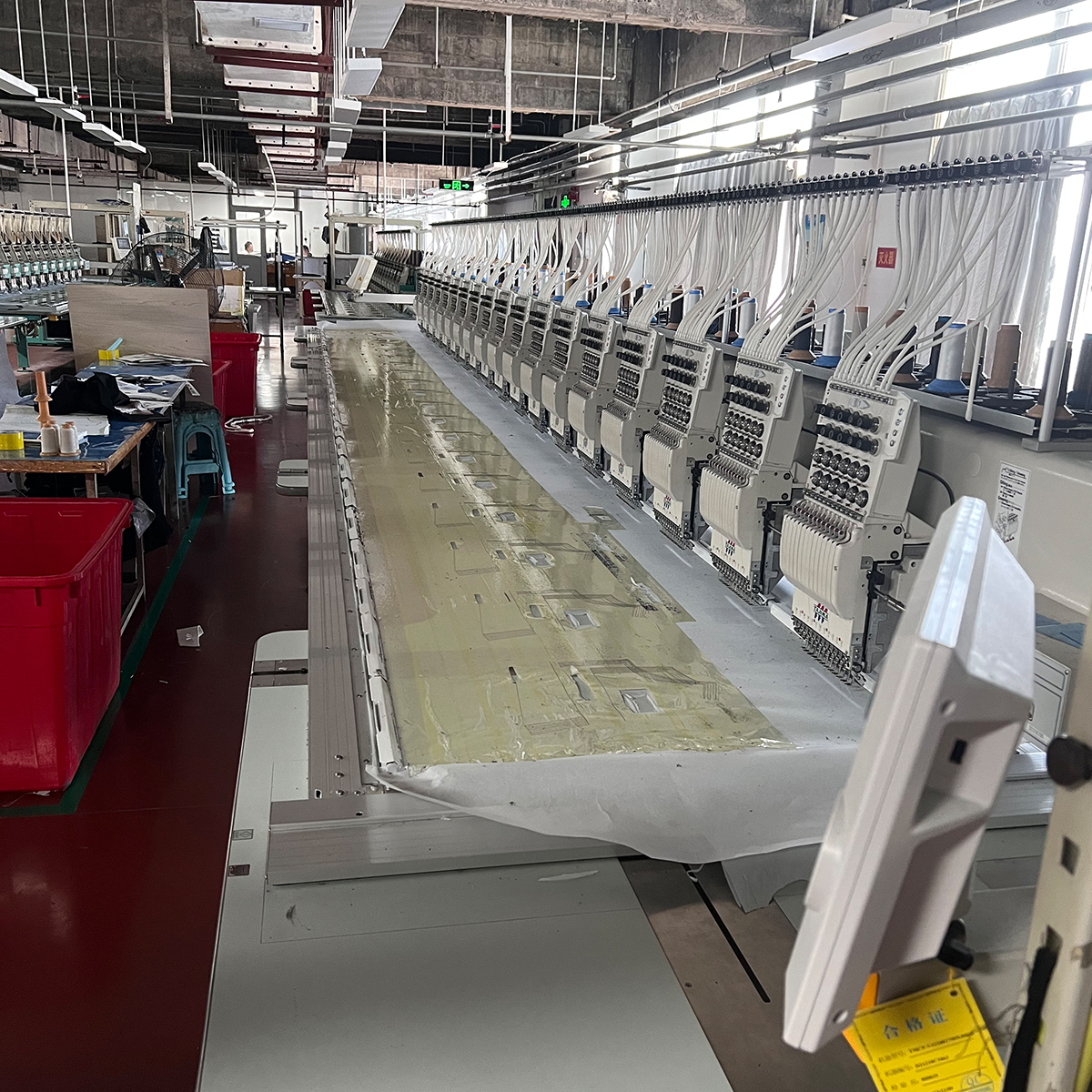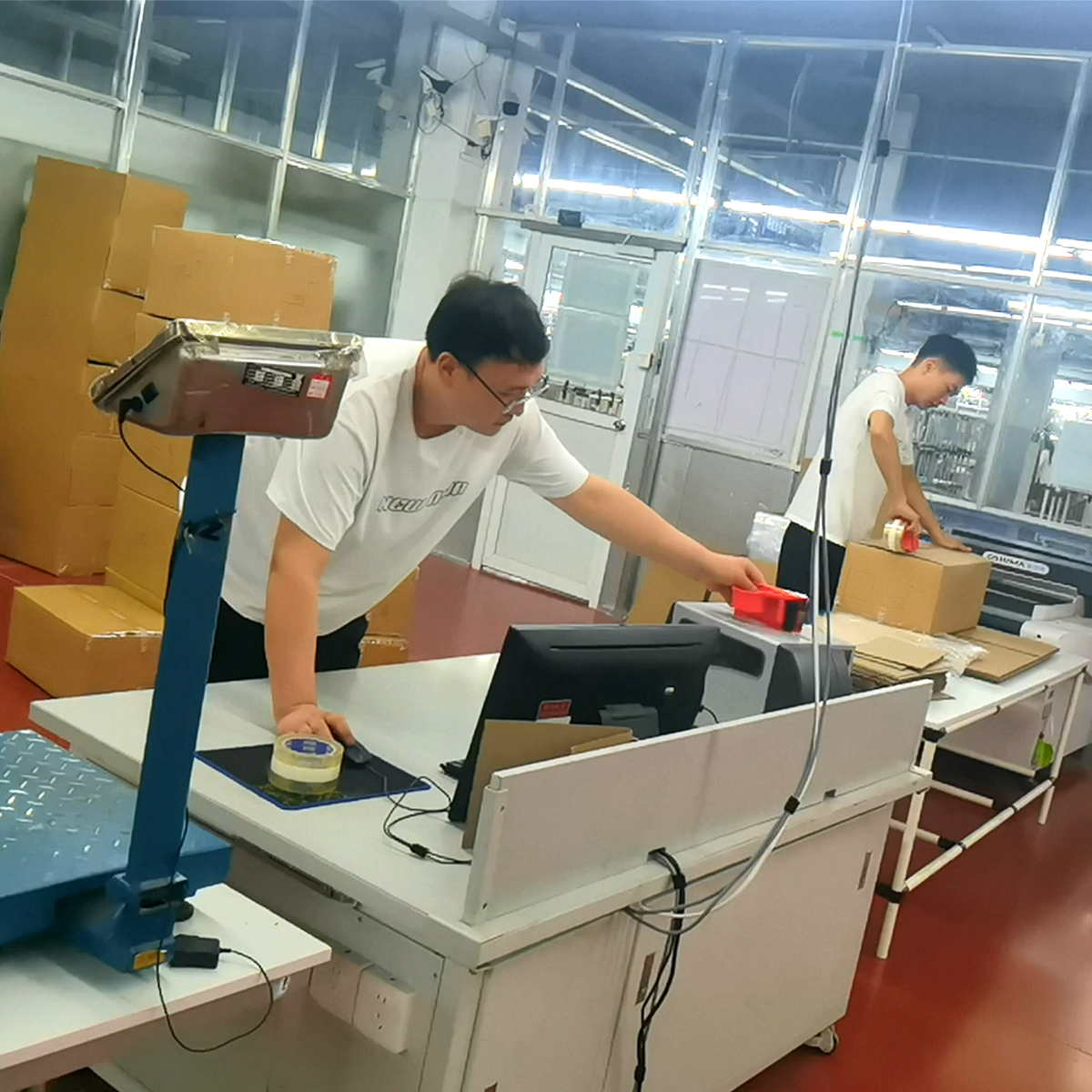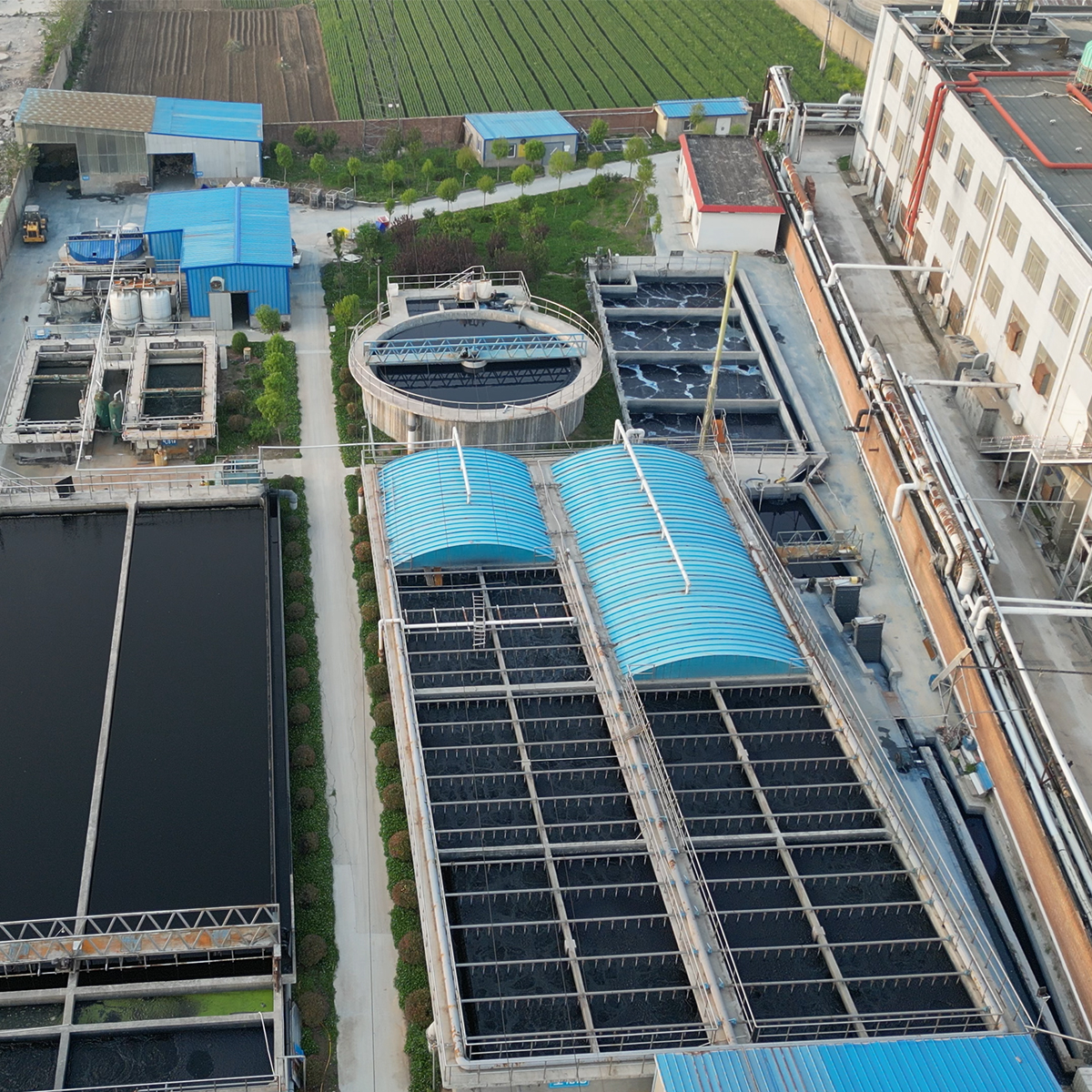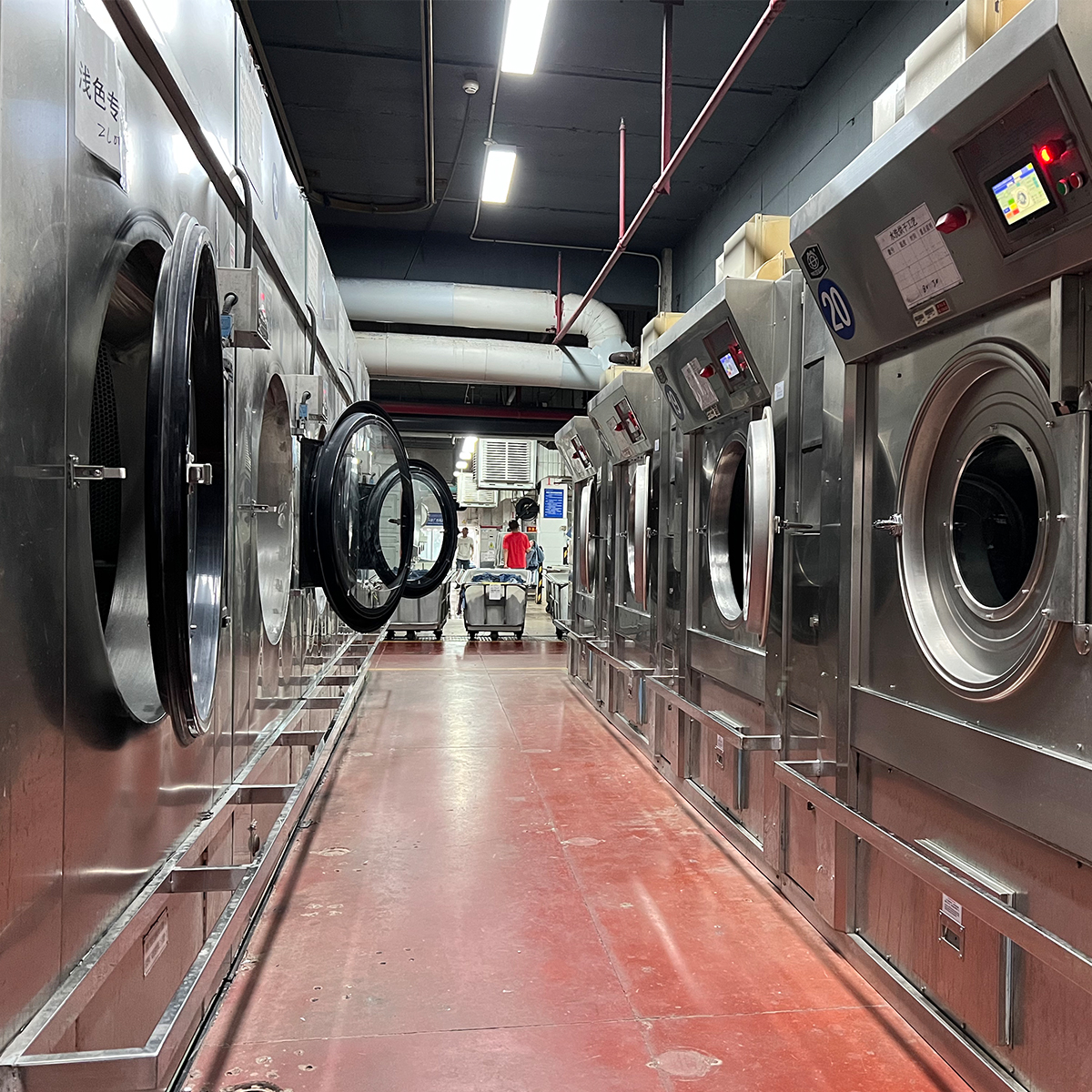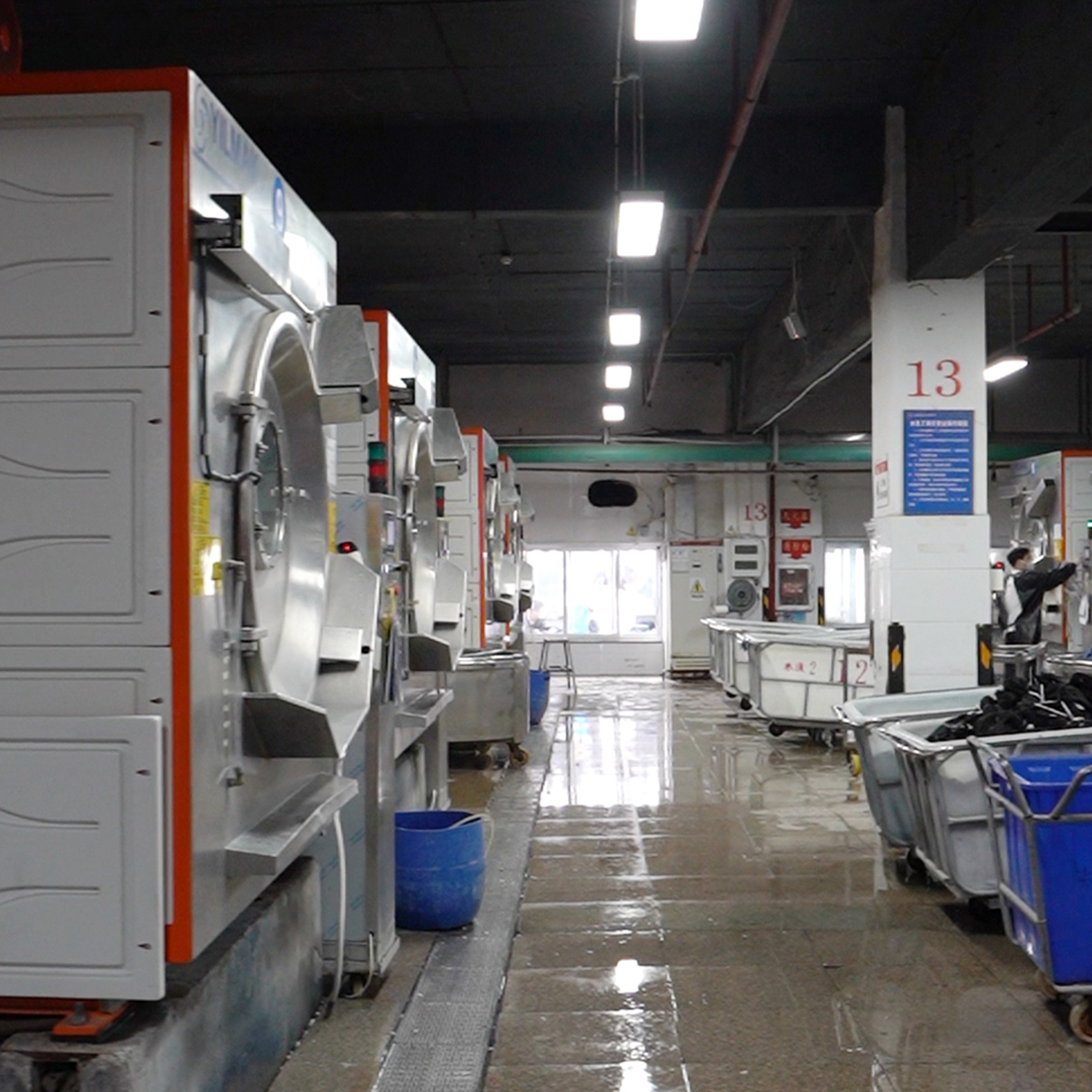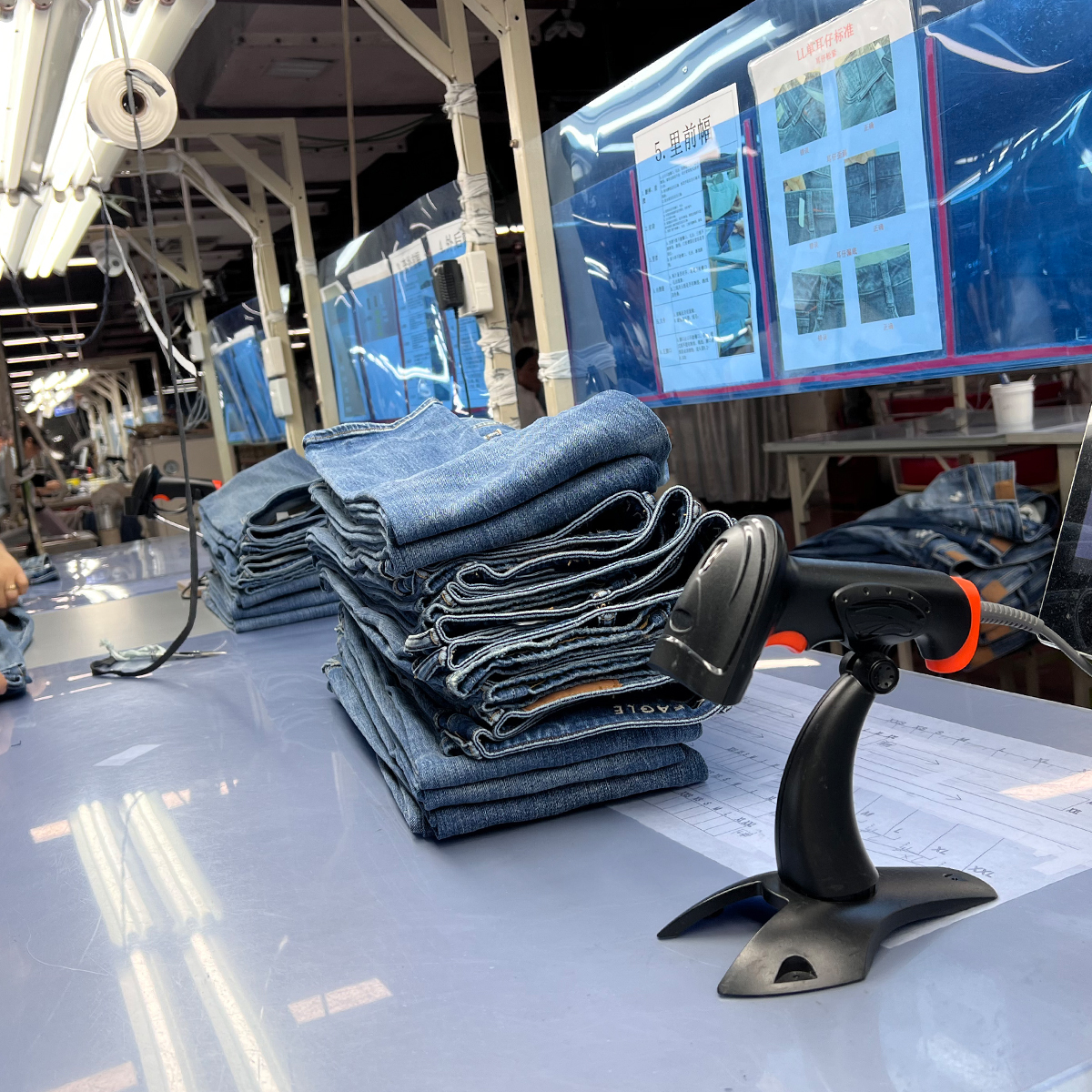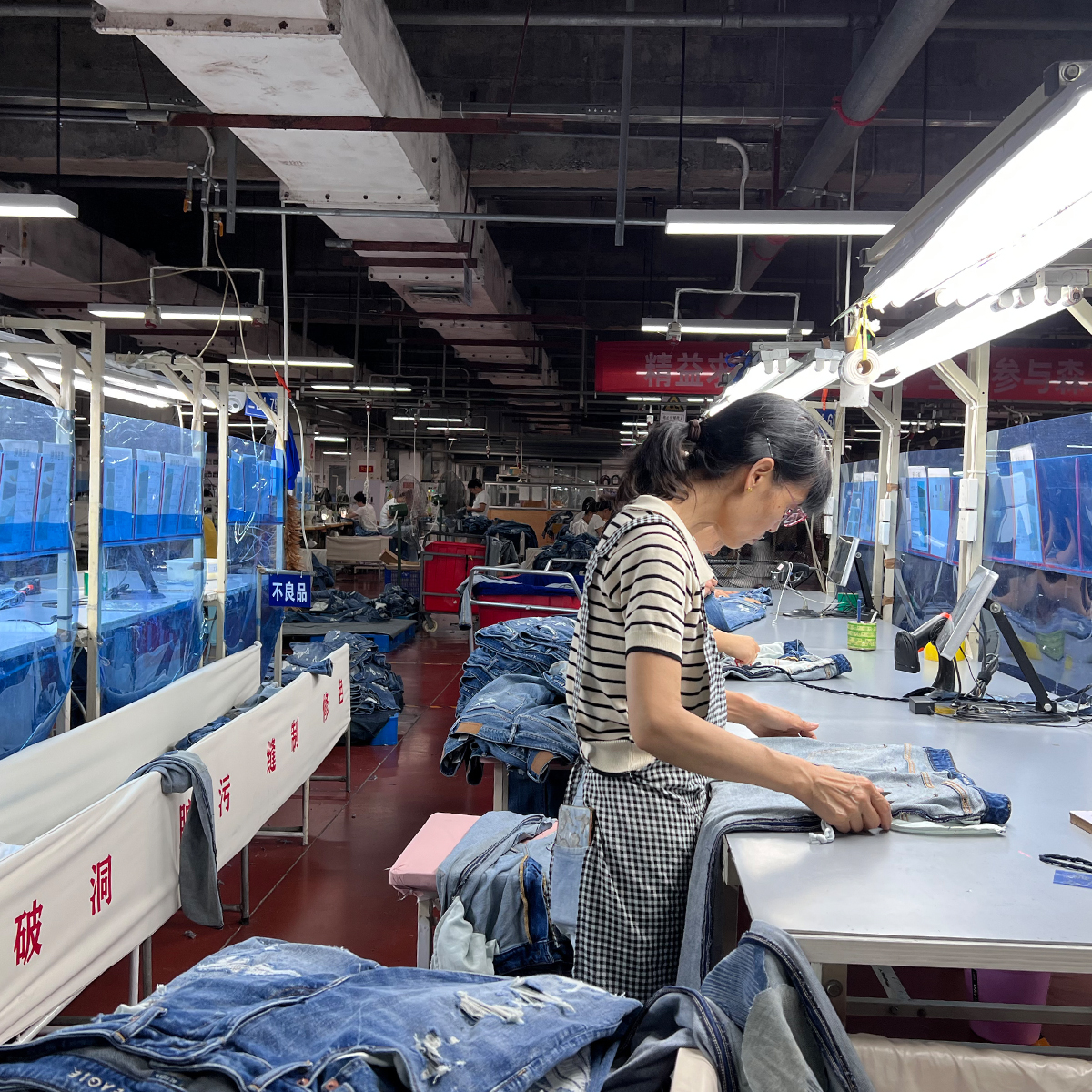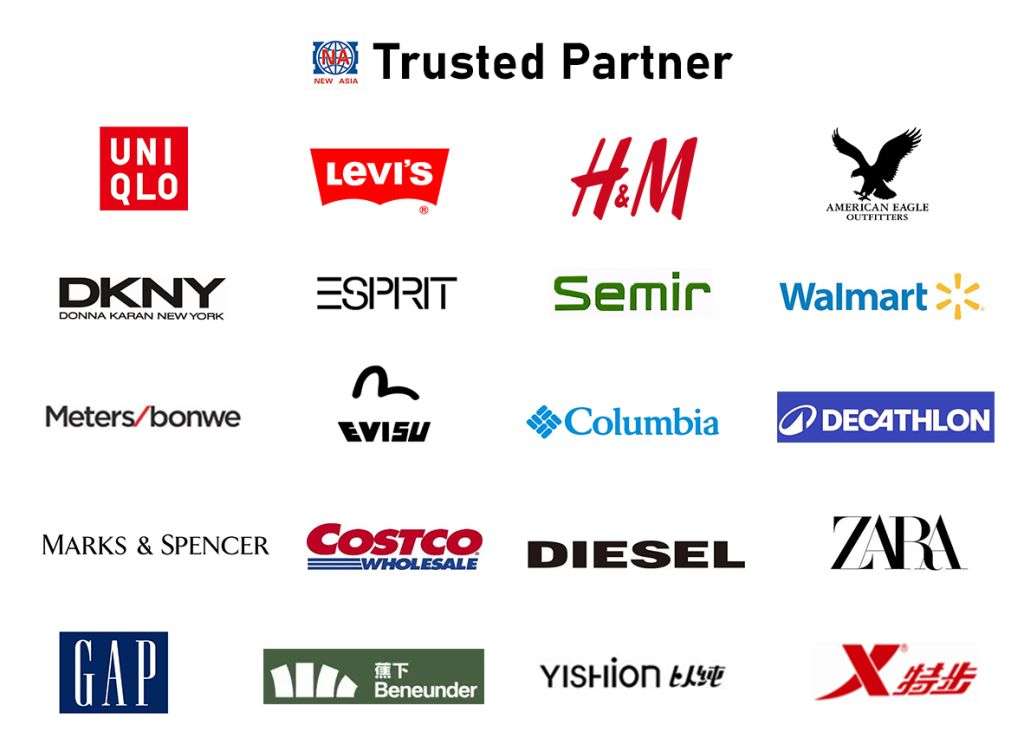Denim has long been a staple in fashion, but the environmental impact of traditional denim production is significant—particularly regarding water consumption. As awareness of sustainability grows, many denim manufacturers are changing their practices to reduce water usage. This article dives deep into the water usage comparison among various sustainable denim manufacturers, shedding light on who is leading the charge and who still has room for improvement.
The Denim Dilemma
The conventional process of making denim is known for its high water consumption. On average, producing a single pair of jeans can require up to 2,900 gallons of water. This staggering number primarily comes from the irrigation of cotton crops, encouragement of water-intensive dyeing processes, and the finishing treatments that denim undergoes. With the textile industry being one of the largest consumers of water globally, there is a pressing need for sustainable solutions.
Why Sustainable Denim Matters
Sustainable denim is more than just a buzzword; it is essential for environmental conservation and ethical consumerism. As denim brands adopt innovative practices, they can greatly lessen their ecological footprint. Factors such as reduced water usage, organic cotton sourcing, and eco-friendly dye techniques shape the future of sustainable denim. But which brands stand out when it comes to their water usage?
Water Usage Comparison of Sustainable Denim Manufacturers
1. Levi’s: A Legacy of Sustainability
Levi’s is a household name in denim, but it is also emerging as a frontrunner in sustainable practices. Through their WaterLess initiative, Levi’s has managed to save an estimated 3 billion gallons of water since 2011. Their approach includes techniques such as minimizing rinse cycles, reducing the number of washes, and recycling water in their facilities. On average, Levi’s has decreased water usage by up to 96% in some of their manufacturing processes.
2. Nudie Jeans: Organic Commitment
Nudie Jeans takes its commitment to sustainability seriously by sourcing 100% organic cotton and launching garments intended to last. They utilize a system called ‘dry’ denim, which minimizes water usage during production. Moreover, Nudie has a repair and recycling program focused on extending the life cycle of each pair of jeans. Their efforts have led to a 70% reduction in water use compared to traditional denim manufacturing practices.
3. G-Star RAW: A Pioneer in Ocean-Friendly Denim
G-Star RAW is on a mission to produce eco-friendly denim, notably through its RAW for the Oceans initiative, which utilizes recycled ocean plastic in their products. Their factories are equipped with innovative water recycling systems, which substantially lower the amount of fresh water required. G-Star achieves a 60% reduction in water usage compared to standard denim production methods.
4. Outland Denim: Ethical Innovation
Outland Denim is another brand making waves in sustainable fashion. With a commitment to ethical labor practices and eco-friendly manufacturing, Outland employs a unique washing method that uses significantly less water. The brand reports an impressive 80% reduction in water usage compared to traditional methods, cementing its role as a leader in the ethical denim market.
Innovative Technologies in Sustainable Denim Production
There are various emerging technologies aimed at reducing water usage in denim manufacturing. Some notable advancements include:
- Waterless Dyeing Techniques: New dyeing techniques that use air or CO2 instead of water significantly cut down on consumption.
- Indigo Innovation: Brands are employing synthetic indigo, which requires less water and produces less waste.
- 3D Knitting: Rather than weaving, some manufacturers are turning to 3D knitting technology to minimize fabric waste and reduce water use in production.
The Role of Consumers in Promoting Sustainable Practices
While manufacturers play a critical role in reducing water consumption, consumers have power in this movement as well. Supporting brands that prioritize sustainability sends a strong message about consumer preferences. Each time you opt for a pair of jeans from a sustainable manufacturer, you contribute to a larger shift towards eco-friendly industry practices.
Making Informed Choices
As consumers, researching the brands we support can help us make informed choices. Look for certifications such as the Global Organic Textile Standard (GOTS) or the Better Cotton Initiative (BCI) to ensure that the denim you purchase adheres to sustainable practices. Additionally, consider second-hand options or brands offering repair services to extend the life of your denim garments.
Summary of Findings
As the denim industry grapples with its environmental impact, various sustainable manufacturers are stepping up to lessen their water usage. Levi’s, Nudie Jeans, G-Star RAW, and Outland Denim have proven that significant reductions are achievable through innovative, eco-friendly practices. These brands lead the way toward a more sustainable future. Continuous consumer support is paramount in this endeavor; the way forward lies in choosing sustainable options and encouraging the industry to adopt greener practices.
Final Thoughts
Ultimately, the pathway to sustainable denim manufacturing lies in collaboration between brands and consumers. With ongoing innovations in technology and a growing commitment to ethical practices, there is hope for a denim industry that minimizes its water consumption and reduces its environmental footprint. It’s a journey worth supporting for the planet, its resources, and future generations.



